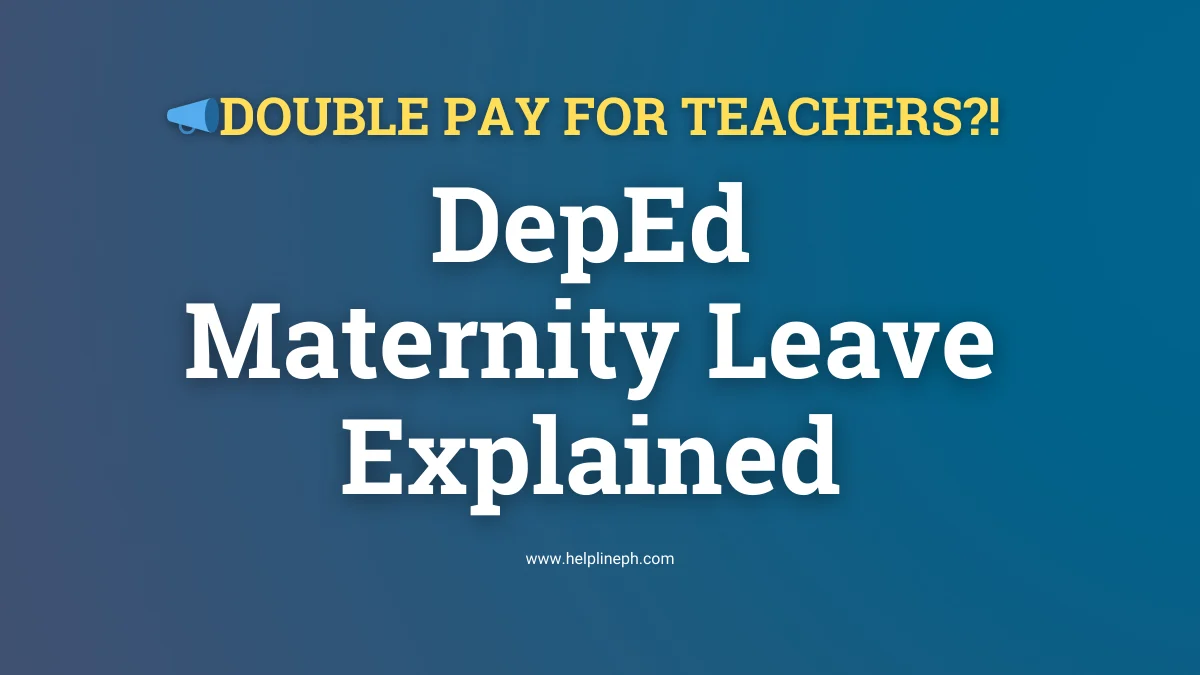A Glimpse into Eid al-Adha and Eid al-Fitr Celebrations in the Philippines
In the Philippines, a country known for its vibrant festivals and deep-rooted traditions, the Islamic holidays of Eid al-Adha and Eid al-Fitr hold a special place. These celebrations, marked by Muslims across the archipelago, are a testament to the country’s rich cultural diversity. Let’s explore what these festivals mean and how they are celebrated in the Philippines.
The Significance of Eid al-Adha
Eid al-Adha, often referred to as the Feast of Sacrifice, is a significant Islamic holiday. It commemorates the story of Prophet Ibrahim’s unwavering faith, ready to sacrifice his son Ismail at Allah’s command. Celebrated on the 10th day of the lunar month of Dhul-Hijja, this festival is closely associated with the annual pilgrimage to Mecca, known as Hajj.
The highlight of Eid al-Adha is the act of sacrifice, where an animal, often a lamb or a goat, is symbolically offered. The meat is then divided into three parts: one for the family, one for friends and relatives, and one for those in need. This act of sharing not only embodies the spirit of charity but also strengthens communal bonds.
Eid al-Fitr: Breaking the Fast in the Philippines
Eid al-Fitr, or the Festival of Breaking the Fast, marks the end of Ramadan, a holy month of fasting and spiritual introspection. In the Philippines, this day is recognized as a public holiday, allowing the Muslim community to celebrate it fully.
The festivities of Eid al-Fitr begin with special prayers, known as ‘Salat al-Eid.’ These prayers bring the community together, fostering a sense of unity and shared gratitude. Following the prayers, it’s customary to give Zakat al-Fitr, a form of charity offered to the less fortunate. This ensures that everyone, regardless of their economic status, can join in the joy of Eid.
Eid al-Fitr in the Philippines is also a time for families and friends to come together and enjoy a feast. Traditional Filipino Muslim dishes, along with sweet delicacies like baklava and sweet samosas, often grace the tables during these celebrations. These gatherings are filled with laughter, stories, and a sense of togetherness that underscores the essence of Eid.
A Celebration of Unity in Diversity
The celebrations of Eid al-Adha and Eid al-Fitr in the Philippines go beyond religious observance. They are a celebration of the country’s unity in diversity, a testament to mutual respect and shared values. As the Filipino Muslim community comes together to observe these festivals, they not only honor their faith but also contribute to the rich cultural tapestry of the Philippines.
In essence, Eid al-Adha and Eid al-Fitr are more than just significant events in the Islamic calendar. They are a celebration of faith, unity, and the shared values that bind the Filipino community together.
Eid al-Adha as a regular holiday
Eid al-Fitr is an important celebration for Muslims in the Philippines, and it has been a national holiday in recent years.






